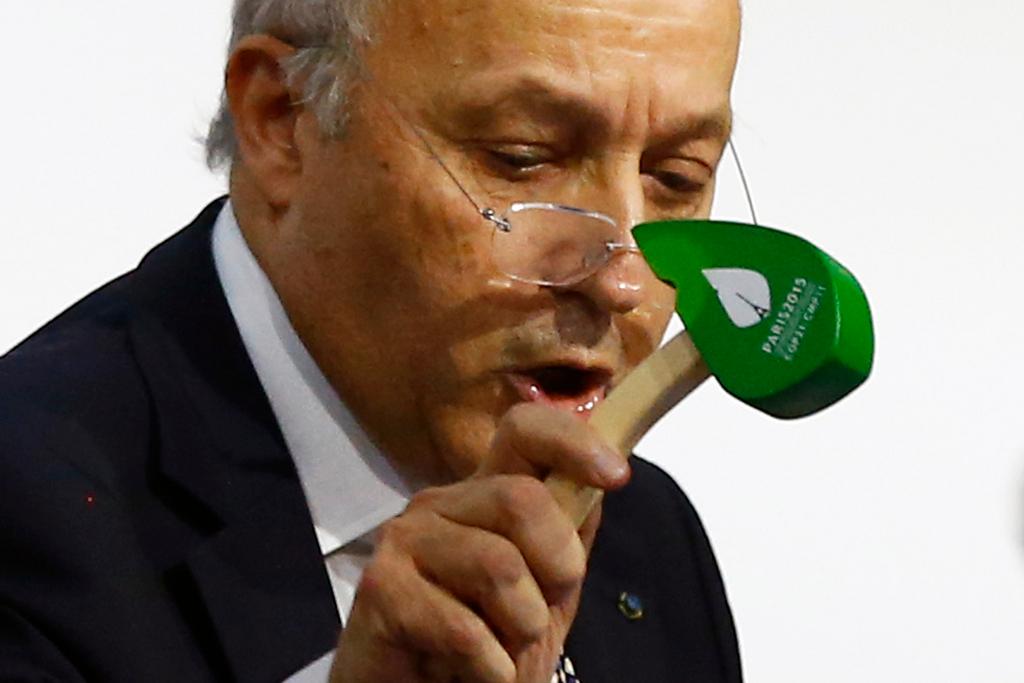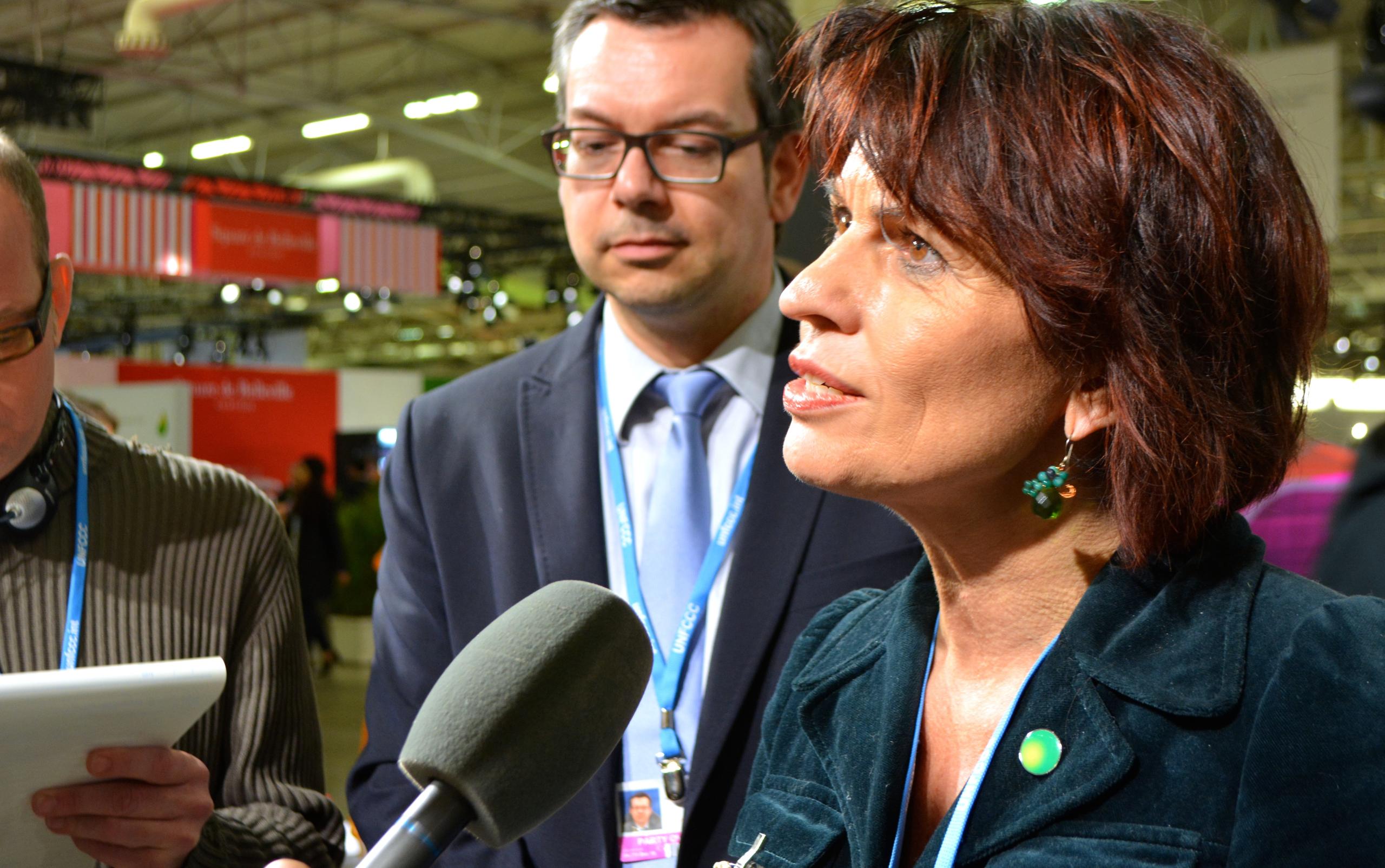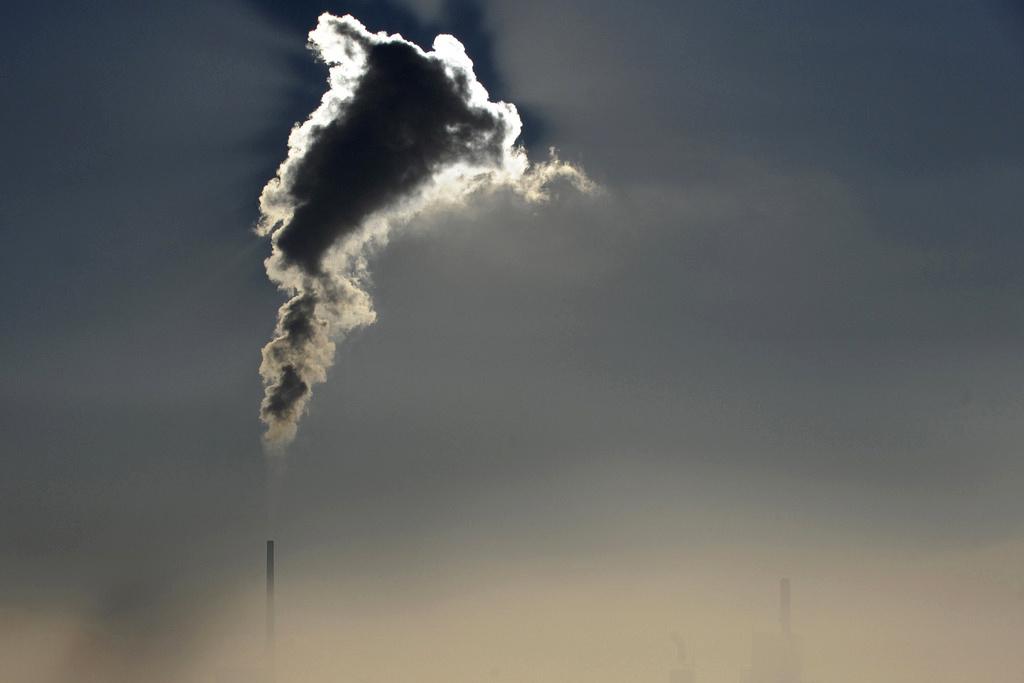Climate agreement: history or hypocrisy?

“Historic” was the word most often used by media and politicians to describe the climate accord reached in Paris on Saturday night. But the fact that 195 countries had agreed to work together to reduce CO2 production and global warming was tempered by the knowledge that goals are one thing, implementation another.
“It will be particularly interesting to follow how – from Riyad to Caracas – the oil-producing countries will respect the commitments made in Paris on December 12, 2015, a date that could become history,” wrote the French-language newspaper Tribune de Genève.
“Is it a moment for the history books or just a continuation of a quarter of a century of climate hypocrisy?” asked the Neue Zürcher Zeitung (NZZ).
In its headline, the Sunday newspaper NZZ am Sonntag called the accord “a reasonable approach to climate protection”. Yet it pointed out that the strength of the contract will still have to be proven in everyday life. And whether the agreement is really historic “can only be seen in hindsight”, it said.
Off to a good start
It won’t be easy to reach the meeting’s goal of reducing the average global increase in temperature to under two degrees Celsius – let alone 1.5 degrees or zero degrees, the ultimate goal.

More
Climate treaty just a beginning, says Swiss minister
But Environment Minister Doris Leuthard, in an interview with the NZZ am Sonntag, called the agreement “a huge success” and a “first step”. Switzerland is off to a good start, both in the private sector and on the part of the government, she said.
There is much to be done. Politics and business are talking about the steps needed to reduce CO2 consumption, but “the mills grind slowly”, said Zurich’s daily newspaper Tages-Anzeiger, and “to date, the transition has barely begun”.
According to the Tages-Anzeiger, it’s time for Switzerland to stand up for what it believes. “There’s a tendency, even after a historic moment, to return quickly to everyday routine,” it said. It’s thus up to parliament to help Switzerland take a pioneering role in climate protection internationally.
Mobilising business and politics
Although high-tech firms, financial institutes, energy companies and insurance companies see the accord as an opportunity for the business world, most of Switzerland’s political community isn’t yet ready to believe it, the paper said.
According to the NZZ, making the change in global energy policy economically and politically bearable “is a Herculean task”.
Still, there is hope for the future. At the climate conference, almost 200 countries “put aside their differences – at least some of them – and agreed to work together in the battle against climate change,” said Le Temps in Geneva, adding that in the past 30 years there had never been this level of response.
The Tribune de Genève also saw the accord as a signal. “At a time when the Islamic pseudo state poses a worldwide threat, the signal of a universal union takes on a new dimension. In its interconnected, global village, humankind has shown its will to live, or at least to survive, together,” it said.

In compliance with the JTI standards
More: SWI swissinfo.ch certified by the Journalism Trust Initiative


You can find an overview of ongoing debates with our journalists here. Please join us!
If you want to start a conversation about a topic raised in this article or want to report factual errors, email us at english@swissinfo.ch.